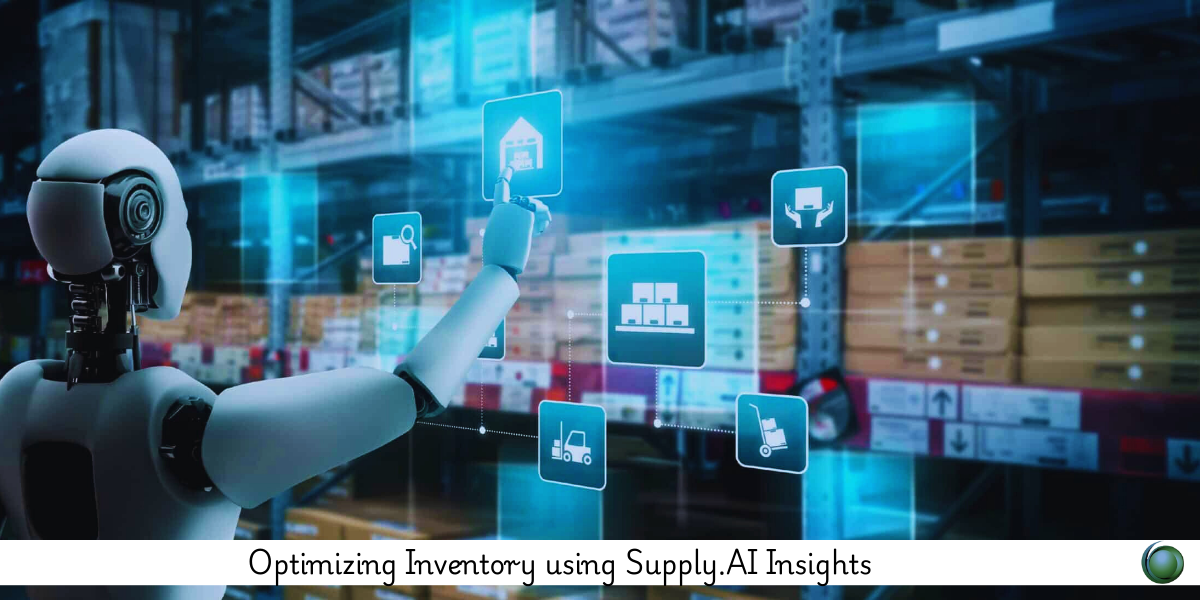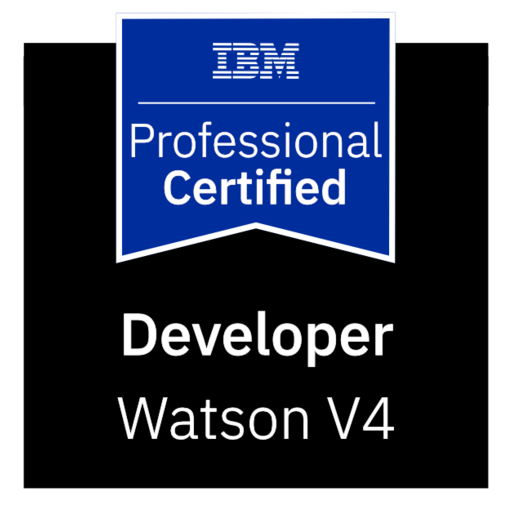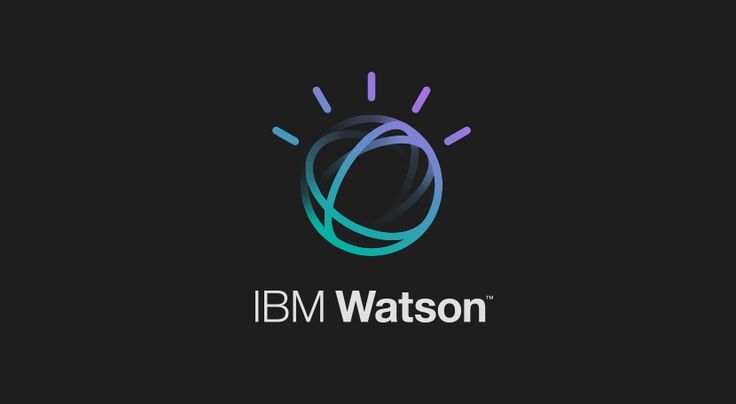Description
Introduction
Inventory optimization is critical to balancing product availability with minimal carrying costs. Traditional inventory strategies often rely on static rules that fail to adapt to fast-changing market dynamics. This course introduces how Supply.AI’s AI-powered insights transform inventory management by predicting demand, automating replenishment, and identifying inefficiencies. You will discover strategies to minimize stockouts, avoid excess inventory, and align inventory levels with real-time business needs using intelligent analytics.
Prerequisites
-
Basic knowledge of inventory management and supply chain principles
-
Familiarity with spreadsheets or business analytics tools
-
No prior AI or coding experience required (conceptual focus)
Table of Contents
1. Introduction to Inventory Optimization
1.1 Inventory Management Fundamentals
1.2 Common Inventory Challenges
1.3 Overview of Supply.AI Insights Platform
2. The Role of AI in Inventory Optimization
2.1 AI vs Traditional Inventory Methods
2.2 Machine Learning for Inventory Prediction
2.3 Real-Time Data Utilization
3. Data Foundations for Inventory Insights
3.1 Key Data Sources (Sales, Returns, Supplier Lead Times)
3.2 Data Cleansing and Integration
3.3 Inventory Master Data Management
4. Demand Sensing and Forecasting
4.1 Short-Term vs Long-Term Demand Signals
4.2 Integrating Demand Forecasts with Inventory Planning
4.3 Handling Seasonal and Sporadic Demand
5. Inventory Segmentation and Classification
5.1 ABC and XYZ Classification with AI
5.2 Identifying Fast, Slow, and Obsolete Items
5.3 Multi-Echelon Inventory Strategies
6. AI-Driven Replenishment and Safety Stock
6.1 Dynamic Replenishment Models
6.2 Optimizing Safety Stock Levels
6.3 Automated Purchase Order Recommendations
7. Reducing Excess and Obsolete Inventory
7.1 AI-Powered Overstock Detection
7.2 Strategies for Inventory Liquidation
7.3 Minimizing Write-Offs and Waste
8. Inventory Visibility and Control Towers
8.1 Real-Time Inventory Dashboards
8.2 Multi-Location and Multi-Warehouse Management
8.3 Alerts and Notifications for Inventory Risks
9. Integrating Supply.AI with ERP and WMS
9.1 Connecting with SAP, Oracle, Netsuite
9.2 Data Synchronization and Automation
9.3 Streamlining Order and Fulfillment Workflows
10. Measuring Inventory Performance and ROI
10.1 Key Metrics: Inventory Turnover, Fill Rate, Carrying Costs
10.2 Scenario Modeling and Sensitivity Analysis
10.3 Continuous Improvement with AI Feedback Loops
With Supply.AI Insights, inventory optimization becomes data-driven, predictive, and agile. You now have the knowledge to harness AI to lower inventory costs, improve customer service levels, and streamline supply chain operations. These capabilities position you to drive smarter inventory strategies and adapt quickly to market shifts.







Reviews
There are no reviews yet.